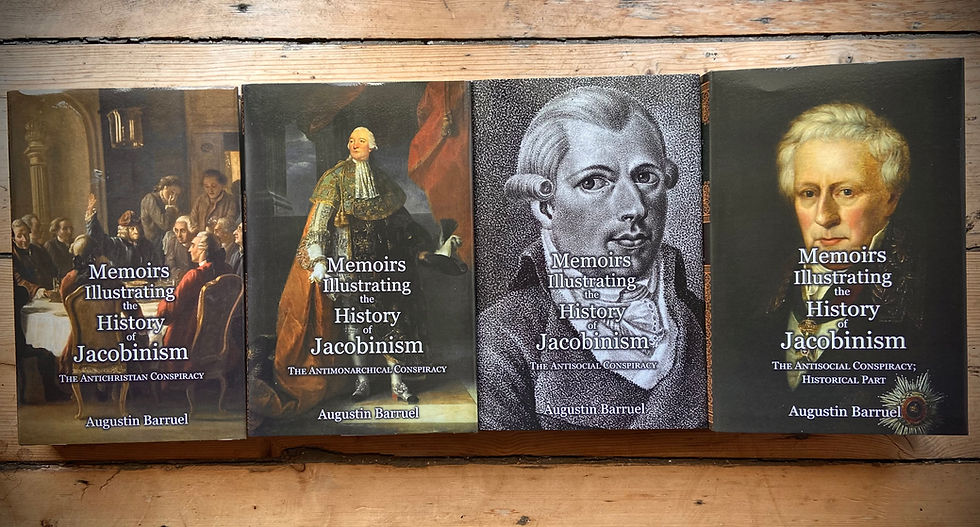Arpad Kadarkay's Georg Lukács: Life, Thought, and Politics
- Alex Kurtagic

- Feb 20, 2019
- 2 min read
Updated: Dec 19, 2021
How this man is thought to deserve exaltation as an intellectual, or even a person, defies reason or belief, even in today's world. Out of contempt for his mother, the fashionable socialite, and the haute bourgeoisie into which he was born, Lukacs was drawn to destruction from an early age—of where he came from, of the society he was born into, even of himself, although time and again he chose not to pull the trigger. Embittered from youth, completely depressive and misanthropic, he heard the gospel of salvation from an ex's brother, who had returned from Russia, fully trained in Bolshevik tactics and overflowing with propagandistic rhetoric. Lukacs consecrated himself to Marx, and from 1918 dedicated himself, quite blindly, to communism. As a commissar he was responsible for theft of property on a massive scale, and by 1919, exiled after the collapse of Bela Kun's dictatorship, he was formally charged with murder, although he evaded extradition and capture. An obdurate, hardcore Stalinist for an important part of his career, he narrowed his intellect, blunted his mind, and destroyed his reason (even Adorno quipped on the matter), his thinking forever straitjacketed by ideology. He lionised Stalin, championed totalitarianism, and cheered the Gulag. Somehow he survived the Stalinist purges, and had a second bite at the cherry—albeit a very quick one—in Hungary once it was back under communist control. He finally destalinised in 1956, but by then his career was more or less over, for, unpopular among his colleagues, he was relegated to the margins, even unpersoned for a while, on account of his numerous 'revisionist' heresies, as seen by orthodox Marxists. In this period he became one of the founders of Western Marxism. To Kadarkay's credit, he does not shy away from the bad and the ugly (and there's plenty), even though he writes as an admirer. On the other hand, the narrative, which does not lack the occasional brilliant phrase or moment of humour, is sometimes, albeit only mildly, chaotic and imprecise. The focus is mostly on Lukacs' life and politics, both of which were grim; for a detailed analysis of his thought the reader will have to go elsewhere. I began the book fearing it would be a hard slog, but it proved otherwise.




Comments